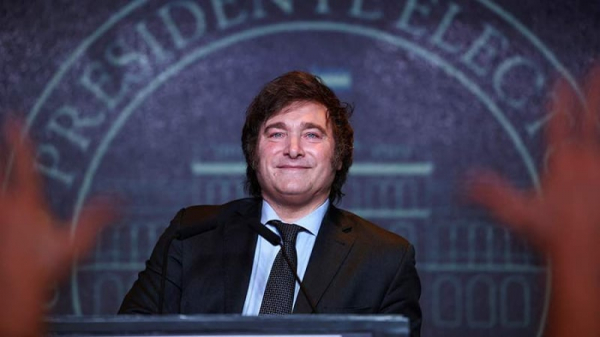Argentina adopted a budget balanced in terms of expenses and income, which became 50% smaller. This is the first such decision in more than 10 years in the country's history. This was achieved through a shock budget cut in half, initiated by the new president, Javier Miley. Barrons writes about this.
► Subscribe to the Ministry of Finance telegram channel: main financial news
This is the first ( monthly) financial surplus since August 2012 and the first surplus for January since 2011, the Argentine Ministry of Economy reported.
At the same time, Miley is negotiating with the International Monetary Fund on a loan of $44 billion and promises to achieve a balance of government finance this year. In particular, the Argentine authorities in January achieved spending cuts on key expenses – subsidies for fuel, transport, government contracts.
As the country's new government has previously commented, financing large public projects is an imperfect solution because this money , as a rule, do not expand employment, but contribute to the enrichment of individual businessmen.
The decision to reduce spending also has the opposite effect – the poverty rate in Argentina reached 57.4% in January, the highest level in 20 years.
According to the report, the devaluation of the peso carried out by the country's new president shortly after his inauguration in early December and the resulting rise in prices led to an increase in poverty levels.
Inflation in Argentina is more than 250%, although a year ago it was no more than 100%.

